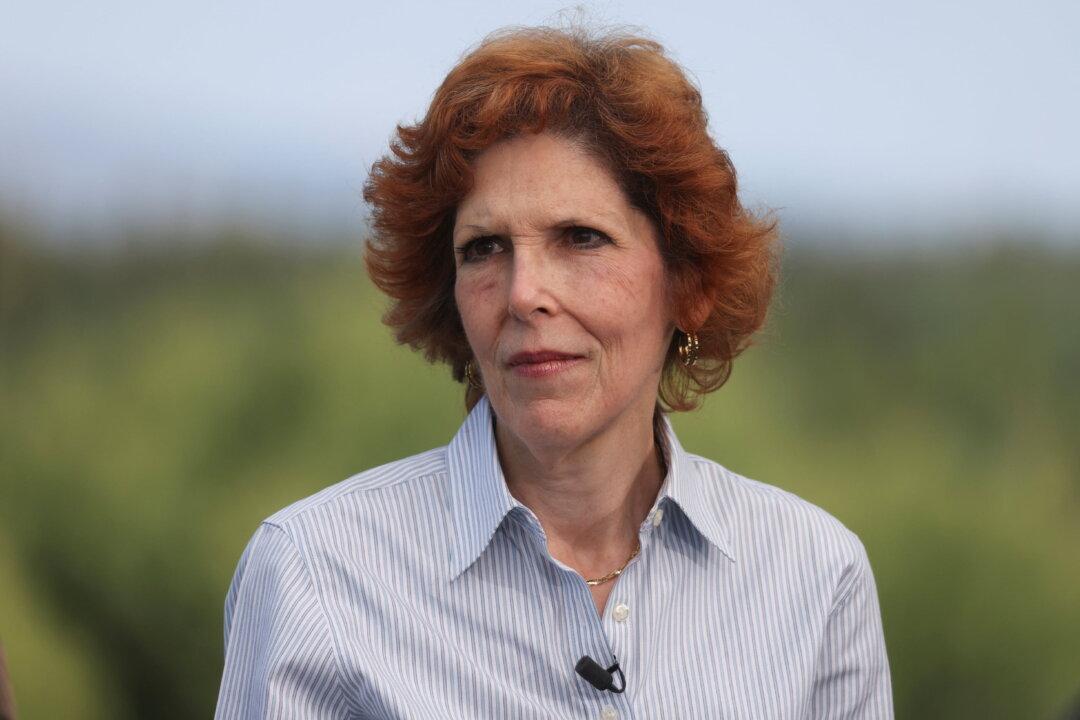The Federal Reserve can downshift to smaller interest rate hike increments from next month as it fine-tunes its policy actions to help bring down high inflation while keeping the economy humming, Cleveland Fed President Loretta Mester said on Monday.
“I think we can slow down from the 75 at the next meeting. I don’t have a problem with that, I do think that’s very appropriate,” Mester said in an interview with broadcaster CNBC. “But I do think we’re going to have to let the economy tell us going forward what pace we have to be at.”





